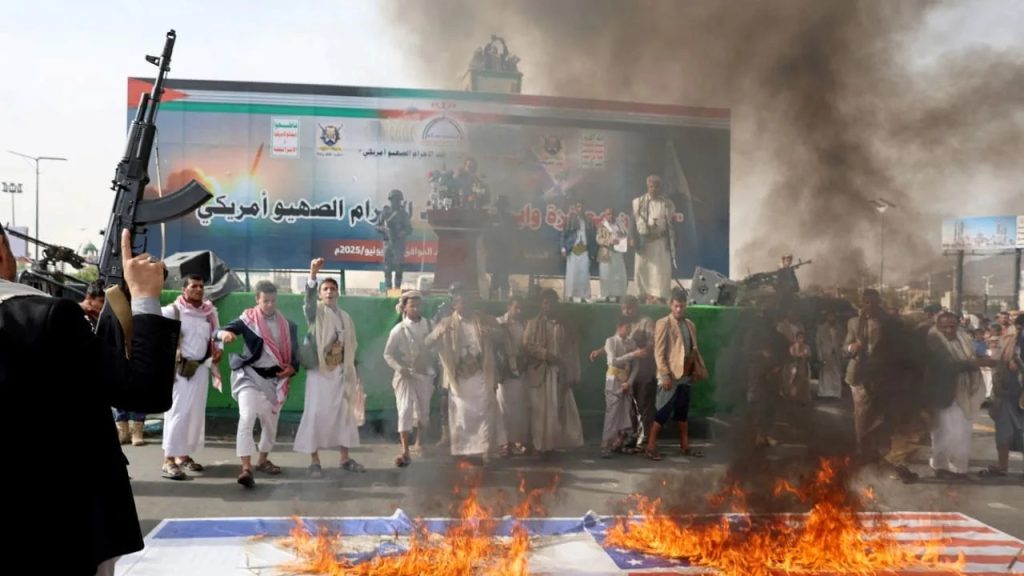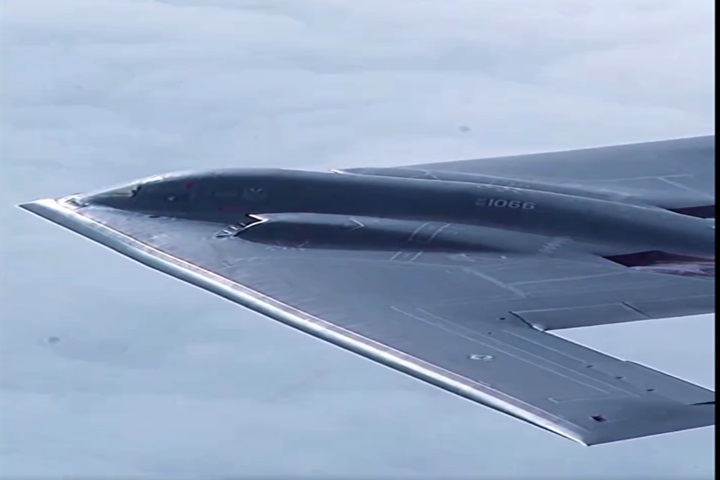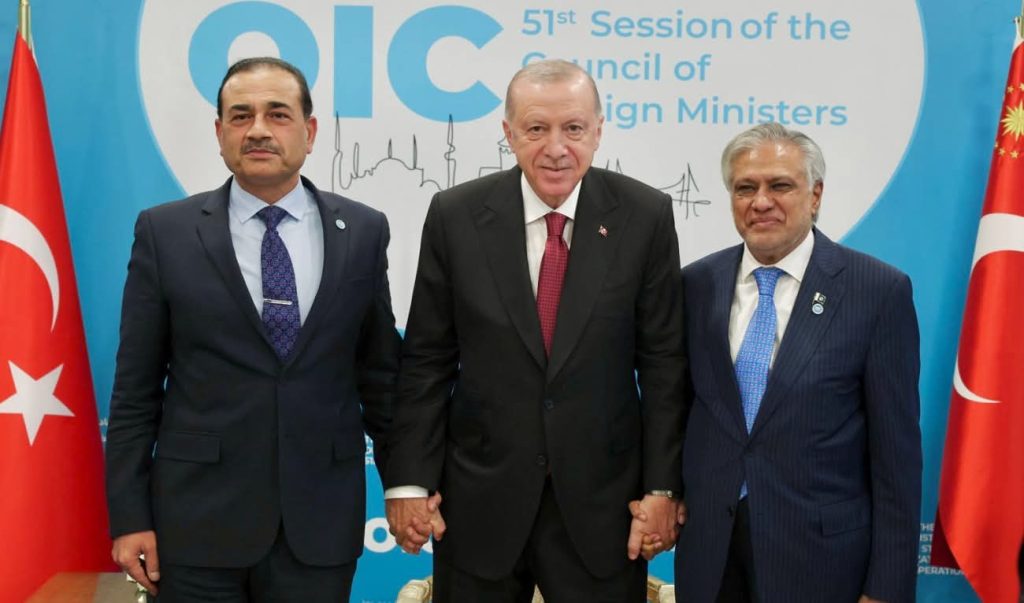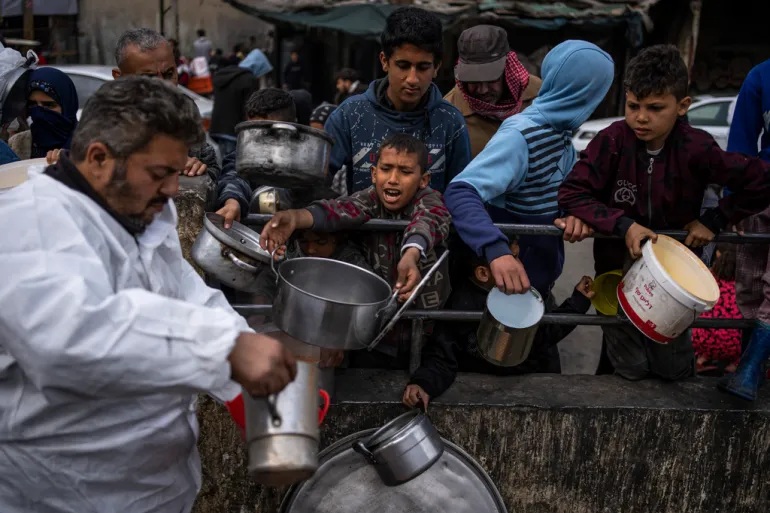News
Iran open to nuclear concessions as new US talks unfold

Iran has indicated readiness to make major nuclear concessions if the United States lifts international sanctions fully.
Ali Shamkhani, senior adviser to Iran’s Supreme Leader Ayatollah Ali Khamenei, revealed this in an interview with NBC News.
He stated that Iran may abandon highly enriched uranium stockpiles if sanctions are removed completely and permanently.
Shamkhani also said Iran may agree never to pursue nuclear weapons under a new possible agreement.
He confirmed Iran’s willingness to grant greater access to international inspectors at its nuclear facilities.
Asked if Iran would accept a deal under President Donald Trump if sanctions ended immediately, Shamkhani responded affirmatively.
“Yes,” he said, signaling potential diplomatic progress between Tehran and Washington.
This development follows the fourth round of indirect U.S.-Iran negotiations concluded recently in an undisclosed location.
These discussions mark the highest-level contact since Washington exited the 2015 nuclear deal in 2018.
The original deal capped Iran’s uranium enrichment at 3.67 percent, a threshold for peaceful nuclear energy.
Iran is now enriching uranium at 60 percent, well above the permitted level in the 2015 accord.
This figure remains short of the 90 percent enrichment required for nuclear weapons-grade material.
Tehran began scaling back compliance with the accord in 2019 after the U.S. withdrew under Trump’s administration.
Iran continues to claim its nuclear programme is entirely for peaceful, civilian energy purposes.
Western countries, however, express concern Iran is covertly working towards building nuclear weapons.
U.S. Secretary of State Marco Rubio noted Iran is the only non-nuclear nation enriching uranium to such high levels.
Rubio criticized Iran’s uranium activities as destabilizing and provocative within the region.
Despite indirect dialogue, the U.S. has continued imposing fresh sanctions targeting Iran’s nuclear and oil sectors.
On Monday, Washington announced new sanctions aimed specifically at Iranian firms linked to nuclear activities.
Iran has condemned these moves, calling them counterproductive to ongoing diplomatic efforts.
Shamkhani also criticized Trump’s approach to Iran, labeling it aggressive and insincere.
“He talks about the olive branch, which we have not seen. It’s all barbed wire,” Shamkhani said.
He accused the U.S. of sending mixed signals by combining threats with negotiation overtures.
Iran’s willingness to consider nuclear constraints reflects growing pressure from prolonged economic hardship.
Sanctions have significantly impacted Iran’s economy, reducing oil exports and straining public services.
Observers say Iran may be using these talks to ease economic pain without appearing weak domestically.
Analysts warn, however, that trust between Tehran and Washington remains fragile and limited.
U.S. officials have not publicly responded to Shamkhani’s latest comments or outlined conditions for a deal.
Still, the renewed dialogue suggests both sides may be open to compromise if mutual guarantees are secured.
Diplomatic sources say further indirect talks are expected in coming weeks, though no dates are confirmed.
European powers have urged both countries to return to the framework of the 2015 nuclear deal.
For now, the international community is closely watching developments for signs of a breakthrough.
For Diaspora Digital Media Updates click on Whatsapp, or Telegram. For eyewitness accounts/ reports/ articles, write to: citizenreports@diasporadigitalmedia.com. Follow us on X (Fomerly Twitter) or Facebook











